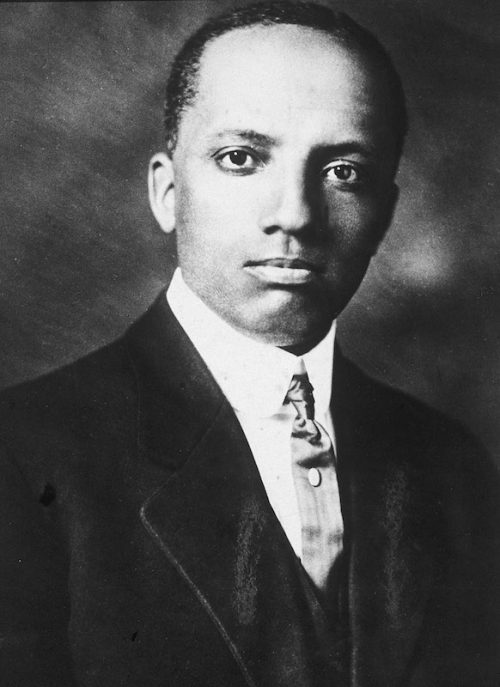
The Roots of Celebration
…One race has not accomplished any more good than any other race, for God could not be just and at the same time make one race the inferior of the other. But if you leave it to the one to set forth his own virtues while disparaging those of others, it will not require many generations before all credit for human achievements will be ascribed to one particular stock. Such is the history taught the youth today.

February is a month that holds more power, pain, and accomplishment than many of us realize each year as it passes by us. Since 1976, under the presidency of Gerald Ford, February has been dedicated to celebrating and acknowledging the challenges and successes that have stemmed from the Black community. In Ford’s own words, naming an official month to acknowledge Black history is an opportunity for us to “seize the opportunity to honor the too-often neglected accomplishments of black Americans in every area of endeavor throughout our history.”
Black History Month, however, began to grow its roots as far back as 1926. This was when an appreciation week was named in February to not only honor the hard falls and accomplishments of black people but also involve the birthdays of both Abraham Lincoln and Frederick Douglass. Community members seemingly welcomed this week for the most part and supporters wanted to be able to spread these celebrations and teach fellow community members what was being spread during the week of appreciation. Support blossomed until Ford enacted what we know now as Black History Month.
The levels of education and coverage this month gets goes as far as even having specific themes of black culture to focus education on each year. These themes allow a way to focus on the conversation and progression of communicating problems the black community faces. Past themes include topics such as African art and literature, Black business, and 2021’s theme of the Black family. This year is even more intriguing, opening up discussion of Black Health and Wellness.
The Association for the Study of African American Life and History (ASALH) spoke on this theme and the past years to identify exactly what focusing on this means and why it is important for more education on the topic to be spread. Regarding Black Health and Wellness, ASALH writes “This theme acknowledges the legacy of not only Black scholars and medical practitioners in Western medicine, but also other ways of knowing (e.g., birthworkers, doulas, midwives, naturopaths, herbalists, etc.) throughout the African Diaspora. The 2022 theme considers activities, rituals and initiatives that Black communities have done to be well.”

Another aspect of this theme that will be discussed heavily in Black History Month programs is the struggles black communities face regarding wellness, the knowledge obtained culturally, and the common steps taken to stay well as a black American.
Black history and culture have long been documented and shared to educate the surrounding communities with the reality of being black in not only America, but the world. The Blough-Weis Library has created a feature display of autobiographies on black creatives and titles on black culture, history, and hardships. From poetry to lyrics to memoirs, there is a title that will lend you an opportunity to further understand, acknowledge, and educate yourself on black history. Visit the display and help yourself keep these ideas in mind for the rest of this month and far after that. Finally, enjoy the remainder of Black History Month.



You must be logged in to post a comment.